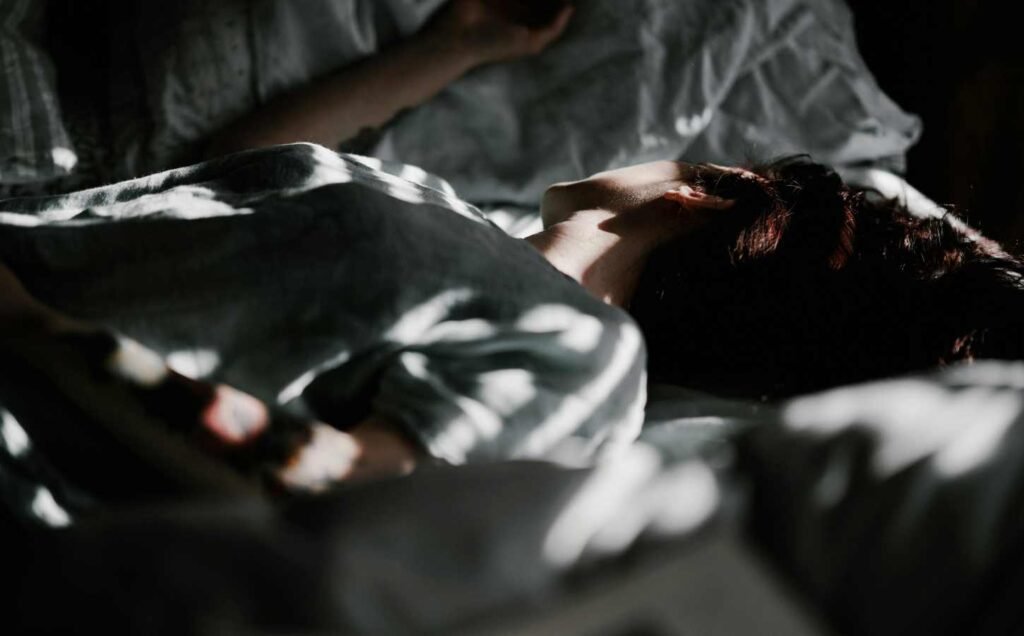Ever had one of those nights where it’s just too hot to sleep? You’re tossing and turning, and no matter what you do, you just can’t get comfortable.
Well, it’s not just you. As it turns out, there’s some science behind why those hot nights are messing with our sleep.
This is a followup to a previous article: The Long-Term Impact of Global Warming on Sleep: What You Need to Know
A study published in the Proceedings of the Royal Society B has shed some light on this. Researchers have found that rising temperatures can seriously disrupt sleep patterns, not just for animals (the study was on wild boar), but for us humans too. It’s like our bodies are wired to sleep best in cooler conditions, and when it gets too warm, everything goes haywire.
But don’t lose hope just yet! There are actually some pretty simple things you can do to beat the heat and get a good night’s rest. Let’s look at what this study found and explore some practical tips to help you stay cool and sleep soundly, even as the world heats up.
Key Findings of the Study
The study highlights several critical points regarding how elevated temperatures affect sleep:
- Reduction in Slow-Wave Sleep: Also known as deep sleep, slow-wave sleep is essential for physical recovery and immune function. The study found that higher temperatures can reduce the duration of slow-wave sleep, potentially compromising overall health and resilience.
- Thermoregulation Challenges: The body’s ability to regulate its core temperature is crucial for initiating and maintaining sleep. The study indicated that increased ambient temperatures can hinder this process, making it harder to fall and stay asleep.
- Impact on Circadian Rhythms: The circadian rhythm, or the body’s internal clock, is sensitive to environmental cues, including temperature. Disruptions in this rhythm due to prolonged heat exposure can lead to irregular sleep patterns and reduced sleep quality.
Additional Strategies for Better Sleep in a Warming World
Beyond the basic steps mentioned in the previous article, here are some more detailed strategies to help you sleep better despite rising temperatures:
- Invest in Cooling Technology: Consider investing in advanced cooling technologies like cooling pillows, gel-infused mattresses, or even smart beds that adjust temperature based on your body heat.
- Create a Sleep-Conducive Environment: Use blackout curtains to block out external heat during the day and keep your bedroom cool. Plants can also help by naturally cooling the air and improving air quality.
- Optimize Your Evening Routine: Engage in relaxing activities that lower your body temperature, such as taking a lukewarm shower before bed or practicing gentle yoga or meditation.
- Monitor and Adjust Your Diet: Certain foods can affect body temperature and sleep quality. Avoid heavy, spicy meals before bedtime and opt for light, cooling snacks like yogurt or fruit.
- Stay Informed and Proactive: Keep abreast of the latest research on climate change and its effects on health. Being informed allows you to take proactive steps to mitigate these impacts.
Conclusion: Climate Change is Disrupting Sleep Patterns
There is no doubt about it climate change is disrupting sleep patterns. And this connection between climate change and sleep health is becoming increasingly important.
As global temperatures rise, it’s crucial to understand how heat affects our sleep and find ways to counteract it. By adopting practical strategies and pushing for climate action, we can protect our sleep and overall well-being in a warming world.
Good sleep isn’t just a luxury; it’s essential for your health. Creating a cool, comfortable sleeping environment is a smart investment in your long-term health and resilience.
Improve Sleep Duration and Quality with Progressive Muscle Relaxation for Sleep

Struggling to get a good night’s sleep? With all the stress and chaos in our daily lives, not to mention climate change, finding that peaceful slumber can be a real challenge.
But here’s a little secret: progressive muscle relaxation can work wonders for your sleep. This simple technique can help you fall asleep faster and enjoy deeper, more refreshing sleep.
Continue reading: Progressive Muscle Relaxation for Sleep
Reclaiming Deep Restful Sleep: The Magnesium Deficiency Solution

Discover the natural solution to deep, restful sleep and magnesium deficiency through the efficacy of PUREDOSE® Micelle Liposomal Magnesium. This superior bioavailable supplement promotes optimal sleep support and overall well-being.
Continue reading: The Magnesium Deficiency Solution




